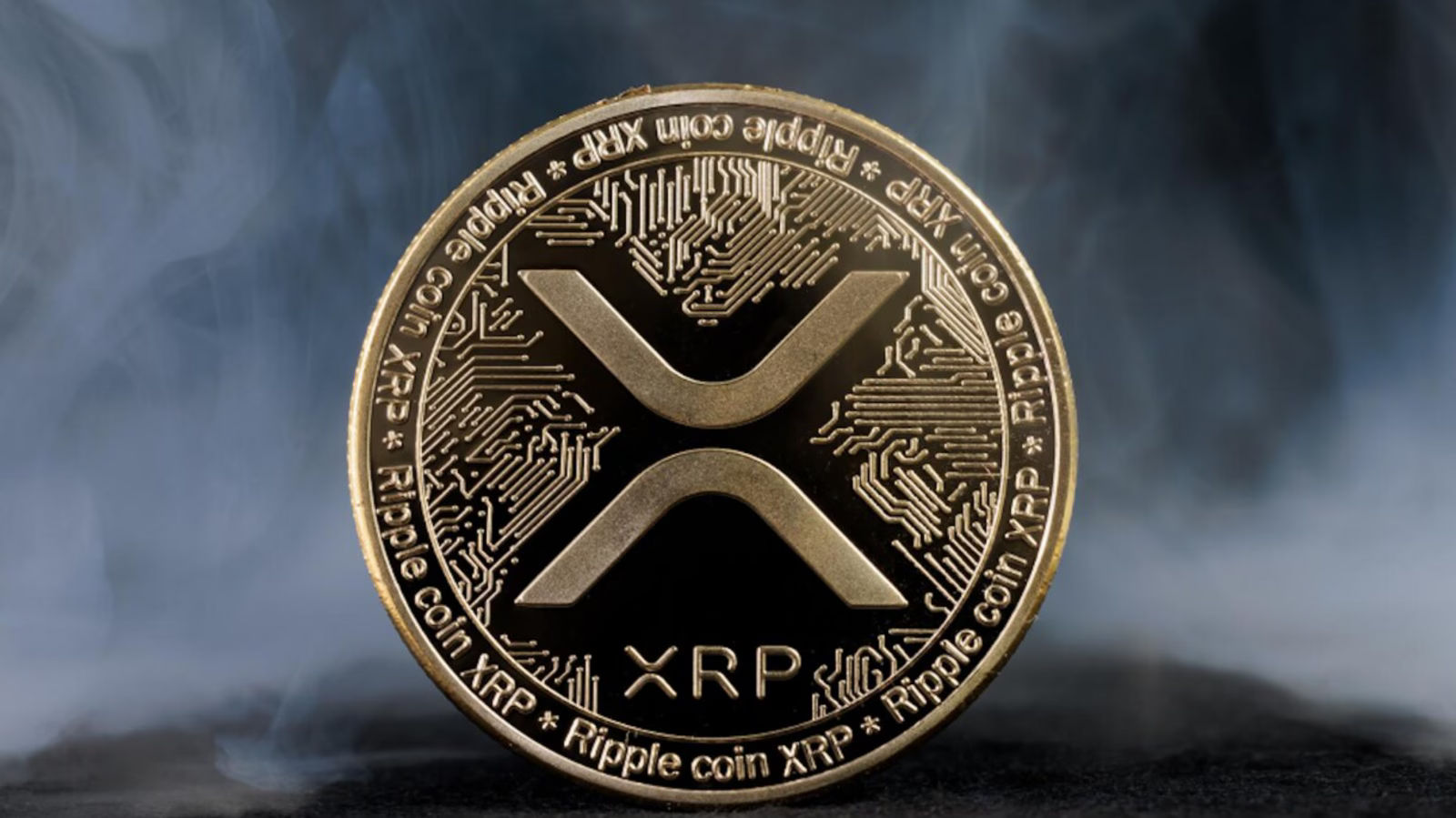What is Ripple (XRP)?

Hire Arrive
Cryptocurrency
about 1 year ago

Ripple is a decentralized payment network and cryptocurrency aimed at facilitating fast, low-cost, and secure international money transfers. Unlike many cryptocurrencies that focus on replacing existing financial systems entirely, Ripple aims to improve and integrate with them. Its dual nature – encompassing both a payment network and a cryptocurrency – is a key aspect of its unique position in the crypto landscape.
The Ripple Network:
At its core, Ripple is a real-time gross settlement system (RTGS), currency exchange, and remittance network. It uses a distributed ledger technology (DLT) similar to blockchain, but with key differences. Ripple's consensus mechanism is not Proof-of-Work (like Bitcoin) or Proof-of-Stake (like Ethereum), but rather a unique consensus mechanism designed for speed and efficiency. This allows for significantly faster transaction processing times than many other cryptocurrencies.
The network facilitates transactions between financial institutions, allowing them to send money across borders quickly and cheaply. This is achieved by utilizing XRP, the network's native cryptocurrency, as a bridge currency. This means banks don't need to exchange currencies directly; instead, they can exchange their currency for XRP, which is then converted to the recipient's currency. This eliminates the need for intermediary banks and reduces transaction fees and processing times significantly.
XRP (Ripple's Cryptocurrency):
XRP is the native cryptocurrency of the Ripple network. It plays a vital role in enabling fast and efficient transactions on the platform. While it's often compared to Bitcoin or Ethereum, its function is distinctly different. Its primary purpose is not as a store of value or a platform for smart contracts, but rather as a bridge currency for facilitating cross-border payments.
Key features of XRP include:
* Speed: XRP transactions are significantly faster than many other cryptocurrencies. * Low Cost: Transaction fees on the Ripple network are generally very low. * Scalability: The Ripple network is designed to handle a large volume of transactions. * Liquidity: XRP enjoys relatively high liquidity compared to some other cryptocurrencies.
Ripple vs. Other Cryptocurrencies:
Ripple distinguishes itself from other cryptocurrencies through its focus on institutional adoption and its integration with existing financial systems. While Bitcoin and Ethereum are often viewed as disruptive technologies seeking to replace traditional finance, Ripple aims to work *with* traditional finance to improve existing systems. This has led to partnerships with numerous banks and financial institutions worldwide.
Criticisms and Concerns:
Despite its potential, Ripple faces criticisms:
* Centralization Concerns: While using distributed ledger technology, Ripple's governance structure is considered more centralized than some other cryptocurrencies, leading to concerns about its decentralization. * SEC Lawsuit: Ripple Labs, the company behind XRP, has faced a significant lawsuit from the Securities and Exchange Commission (SEC), alleging that XRP is an unregistered security. The outcome of this lawsuit significantly impacts the future of XRP. * Price Volatility: Like all cryptocurrencies, XRP's price is volatile and subject to market fluctuations.
Conclusion:
Ripple (XRP) is a complex and multifaceted project with the potential to revolutionize international payments. Its unique approach, combining a payment network with a cryptocurrency, positions it differently from other cryptocurrencies. However, it also faces challenges and criticisms, particularly concerning its centralization and the ongoing SEC lawsuit. Understanding these aspects is crucial for anyone considering investing in or interacting with Ripple and XRP. It's essential to conduct thorough research and understand the risks before making any investment decisions.